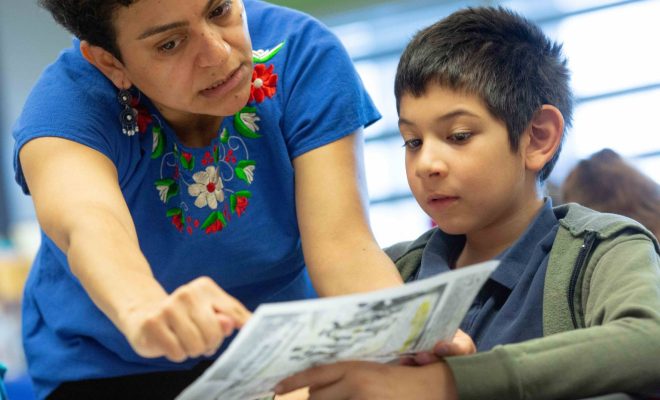Developing Motivation, and Career Readiness in Your Students

Educators are the tools students need to succeed. Of course, an educator faces several challenges; they not only have to motivate their students but push them to engage. It’s a tough ask, and it’s not easy to motivate any student either. Motivation is often influenced by behavior and psychological factors out and inside the classroom. Traditional educational programs are limited, however, when it comes to motivational teaching methods.
The Importance of Motivation Development
Motivation matters. It contributes to a student’s success in academia and behavior. Motivation goes together with resilience and being career-ready and is crucial to teach these from an early age. Students, even in their late teens, can build their motivation. It can remain with them throughout their educational lives and beyond. Educators must push motivation development on students to help them succeed in education and in their future.
The American Psychological Association has created a brochure called, The Road to Resilience. It talks about resilience and how this trait is something people are either born with or without. The brochure explores actions, behaviors, and thoughts, and how they can be developed in a person. Educators can help a student build their resilience.
So, how can an educator encourage students to be career-ready and build resilience and motivation?
Encourage a Growth Mindset
Students need a growth mindset, and educators can teach this effectively in their classes. Students need to develop their talents throughout their education, even at the university level.
Help Students Develop Self-Confidence
When a student is self-confident, they tend to engage better with their peers and educators. They have the confidence to learn and are willing to learn too. It’s important to develop a student’s self-confidence and can be done through different techniques and activities.
Be a Great Role Model
Educators are great role models as they reassure and encourage students. So, an educator must have optimism, be confident in the classroom, and be an overall positive role model. Of course, being a perfect role model is tough; however, if you can find the right balance of home and work life, it’ll be easier.
Help Students Deal with Crises
Students face crises outside the classroom, and you shouldn’t be afraid to discuss these issues with them. Terrible things occur that can directly impact a student, emotionally or physically. These events should be discussed in class, regardless of the subject you teach.
An educator may help a student understand certain events and possibly talk them through the impact on their lives.
Help Students to Become Responsible for Their Success
Educators help students in many ways; they teach students more than the subject in class, but also how to be responsible for their success.






